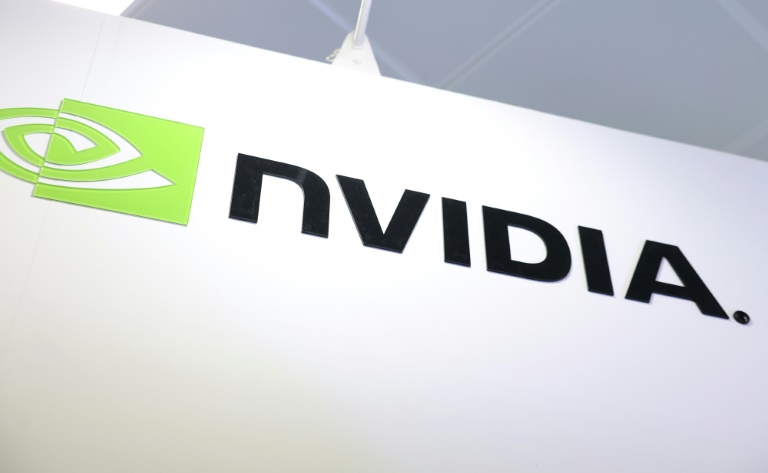
What are the potential consequences of Maui fires on the contamination of the island’s waters?
Introduction
In recent weeks, the island of Maui has been battling with devastating wildfires, posing a severe threat to the island’s natural resources. Besides causing widespread damage to the environment, the fires could potentially contaminate Maui’s precious waters, putting both marine and human life at risk.
The Impact on water sources
The fires have ravaged large areas of vegetation, including forests and grasslands that act as natural water filtration systems. With the loss of this natural barrier, there is an increased risk of pollutants and debris being washed into watersheds, rivers, and ultimately, the ocean.
Potential Water Contamination
As the fires burn, various hazardous substances are released into the environment. These include harmful chemicals from burning buildings, vehicles, and other infrastructure, as well as toxins from combustible materials. Additionally, ash and sediment resulting from the fires can accumulate in water bodies, affecting water quality and the delicate balance of marine ecosystems.
Threat to Marine Life
Contaminated waters can have profound consequences for marine life. Fish, corals, and other aquatic organisms may be exposed to high levels of toxins, leading to mass mortality events, reduced reproductive success, and overall ecosystem disruption. It could take several years, or even decades, for the affected marine habitats to recover fully.
Human Health Concerns
The potential contamination of drinking water sources is a serious concern for both residents and tourists on Maui. If toxins enter the public water supply, it can lead to health issues ranging from gastrointestinal problems to more severe conditions. Authorities are closely monitoring the situation and implementing measures to ensure the safety of the island’s population.
Prevention and Recovery Efforts
Efforts are underway to combat the fires and minimize the risk of water contamination. Firefighters, emergency response teams, and volunteers are working tirelessly to contain the wildfires and protect critical water sources on the island. Additionally, proactive steps are being taken to restore damaged vegetation and implement erosion control measures to mitigate the potential negative impacts on the water cycle.
Conclusion
The ongoing wildfires on Maui pose a significant threat not only to the island’s delicate ecosystems but also to its precious waters. It is crucial for locals, authorities, and the broader community to remain vigilant in their efforts to combat the fires and prevent long-term damage to the environment. By working together, we can strive to ensure the preservation of Maui’s pristine waters for future generations to come.
rnrn




















